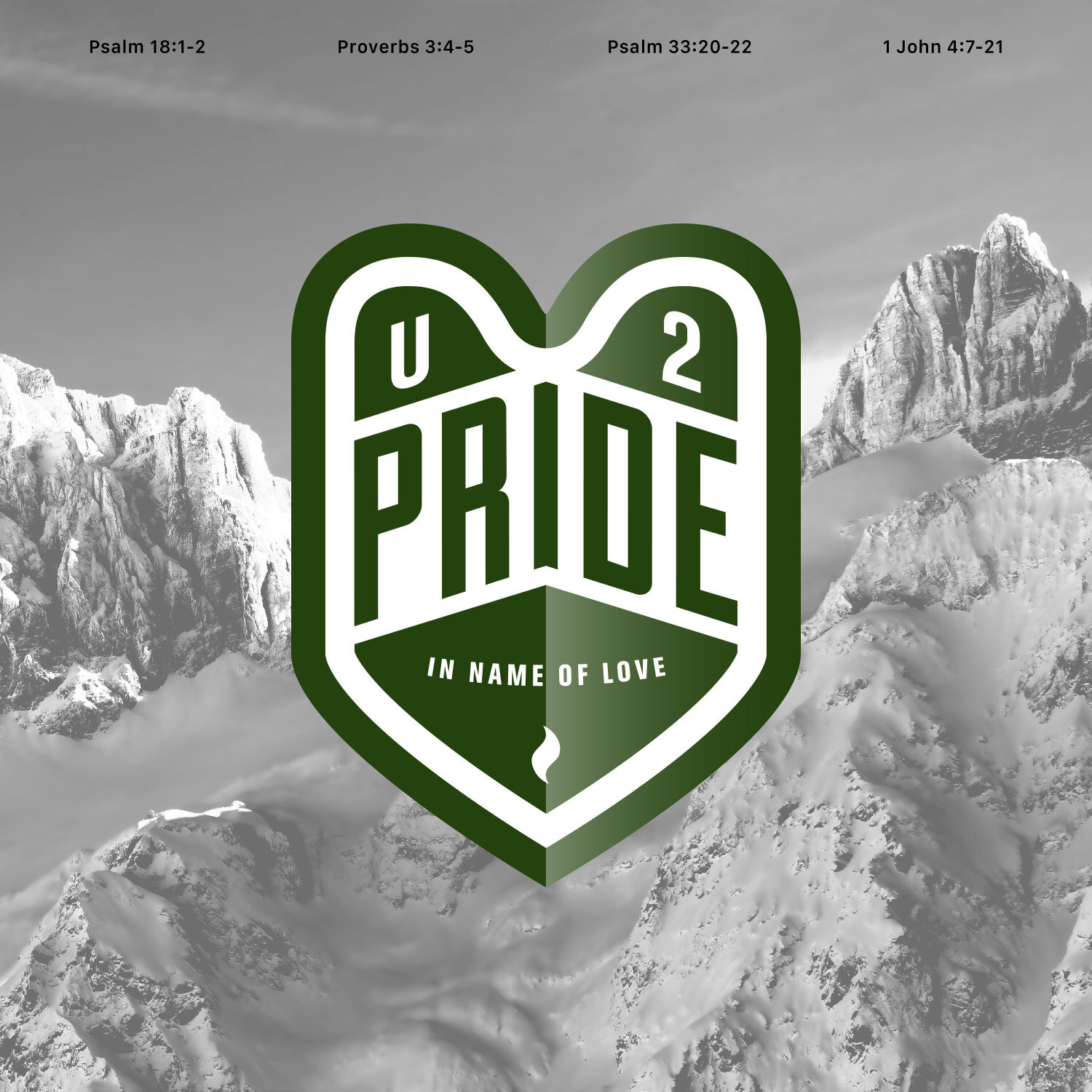Bob Dylan’s Gonna Serve Somebody is a Christian song contrasting good and evil, of which we share a long sordid history. Take world history, did humanity primarily choose forgiveness or vengeance, love or hate? What do we choose today? We certainly desire to think of ourselves as just people who would freely choose what benefits others. Yet, the sad reality is we have not always lived up to this vision of ourselves.
Dylan’s song can be summed up in these brief lyrics, “Indeed you’re gonna have to serve somebody / Well, it may be the devil or it may be the Lord.” This got a strong reaction from fellow artists. John Lennon thought it was “embarrassing” and wrote “Serve Yourself” in response to it. Lennon’s lyrics proclaim, “You gotta serve yourself / Ain’t nobody gonna do it for you.”
Here’s a worthwhile challenge, consider our global leaders today and look back at all the historic leaders of the past. Now make an honest comparison between them. You’ll be looking a long, long time trying to find anyone who even remotely compares to the complete love and forgiveness of Christ Jesus.
Please carefully consider your choices in this brief life.
Sources: Medium + Song Facts + Andrea Piacquadio





















